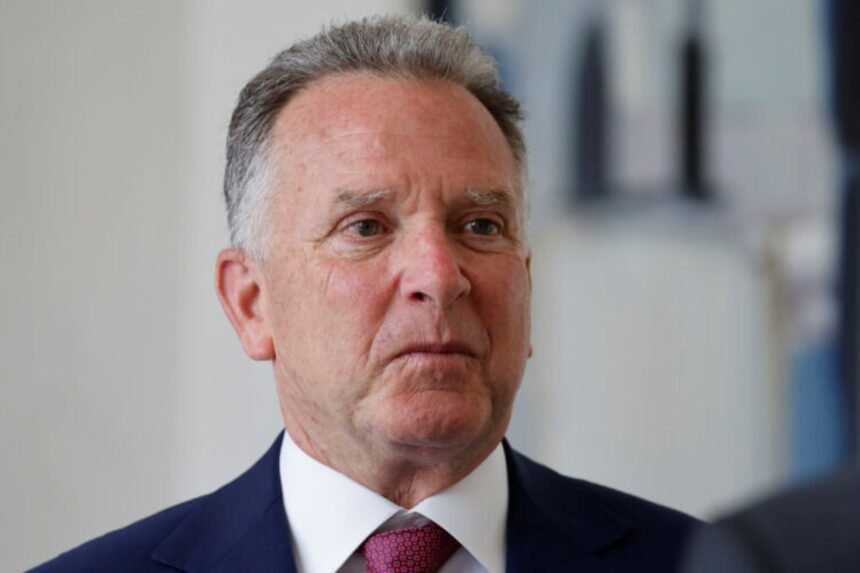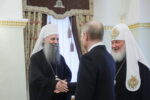A senior U.S. envoy from former President Donald Trump’s administration, Steve Witkoff, is expected to visit Moscow this week for another round of direct talks with Russian President Vladimir Putin, as confirmed by Kremlin aide Yuri Ushakov to Russian state media Interfax on April 22.
“We are expecting him,” Ushakov stated, confirming that the visit could happen in the coming days.
The White House Press Secretary, Karoline Leavitt, confirmed the trip during a briefing, saying that Witkoff would travel to Russia “later this week” to continue discussions with Putin.
This visit comes as Ukraine faces mounting pressure over a U.S.-backed proposal allegedly calling for recognition of Russia’s 2014 annexation of Crimea and blocking Ukraine’s NATO membership — a deal first reported by The Wall Street Journal.
A Controversial Plan Takes Shape
High-level Trump administration officials presented the draft plan to Ukrainian and European representatives during talks in Paris on April 17. If an agreement is reached between Kyiv, Washington, and key European allies, the proposal could soon be officially submitted to the Kremlin.
Ukraine is expected to give a formal response during a follow-up summit in London on April 23, involving the UK, France, the U.S., and Ukraine.
Criticism and Political Fallout
Witkoff, who also serves as Trump’s envoy to the Middle East, has visited Russia multiple times this year and has already met Putin three times, raising concerns in both American and Ukrainian circles. Critics accuse him of advancing Kremlin-friendly positions, including trading occupied Ukrainian territory for peace.
U.S. President Donald Trump stated on April 21:
“We’ve had some very good meetings on Ukraine and Russia. There’s a very good chance for a ceasefire.”
Still, skepticism remains. Washington has warned that it may withdraw from the talks if progress stalls.
Tensions on the Ground Remain High
Despite discussions of a ceasefire, Russia rejected a joint U.S.-Ukraine proposal for a 30-day truce, continuing its military offensive. While Putin declared a symbolic one-day Easter ceasefire on April 19, Ukrainian President Volodymyr Zelensky later claimed that it had been violated nearly 3,000 times.
Kyiv has since offered a separate 30-day truce, focusing specifically on halting long-range drone and missile strikes on civilian infrastructure. Putin said the Kremlin would “consider” the proposal, but no decision has been announced.







